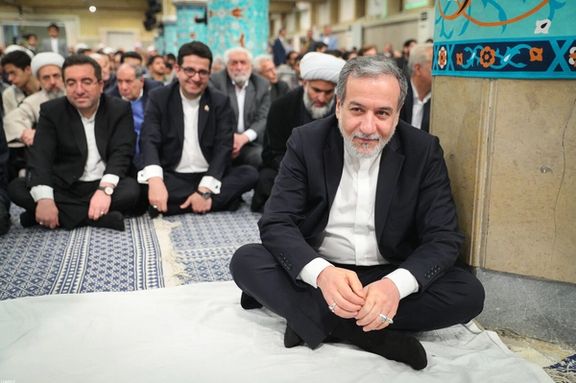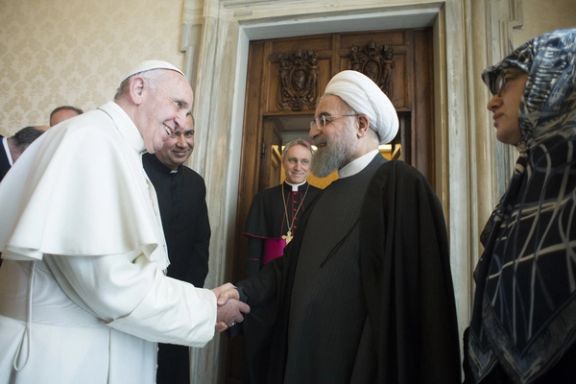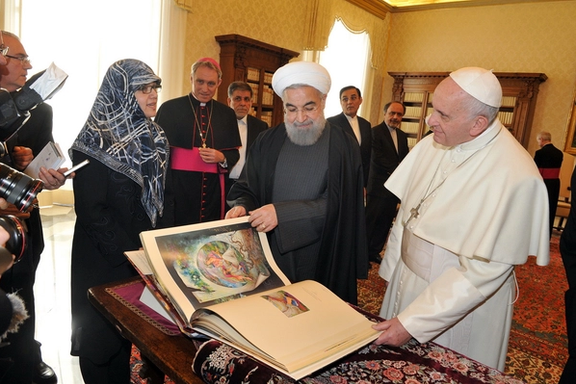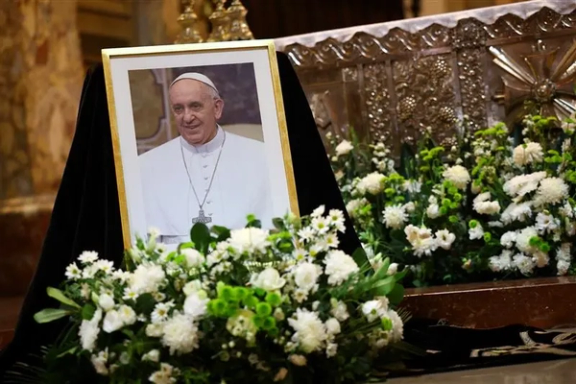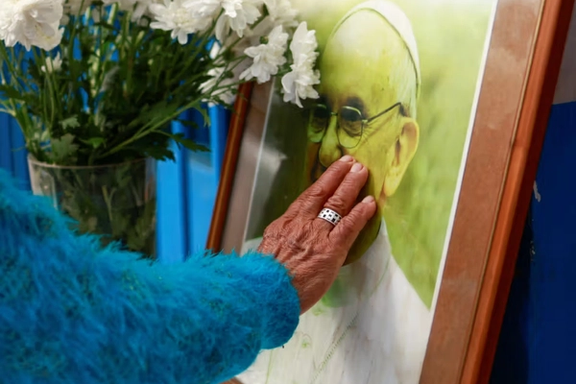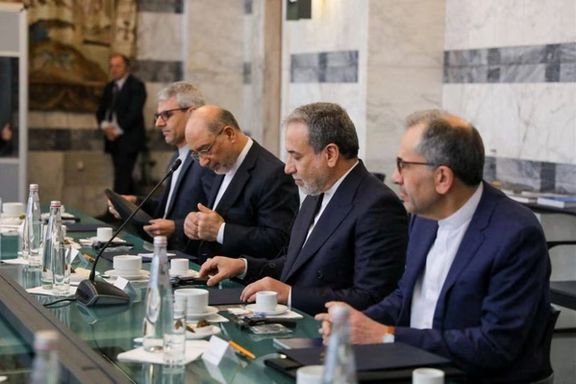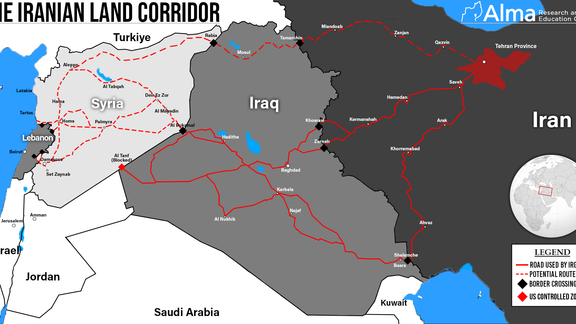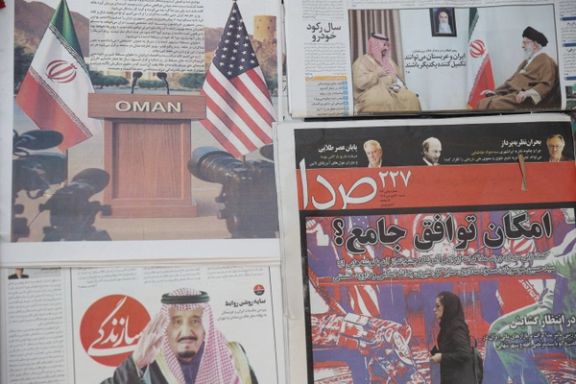“The essential demand of Iran is the removal of unjust sanctions,” Foreign Ministry spokesman Esmail Baghaei said on Monday during a weekly briefing. “These restrictions, imposed under the pretext of the nuclear file, have no legal foundation.”
He added that Iran remains willing to engage with concerns over its nuclear program as it has “for the past three decades.”
In November, Foreign Ministry spokesman Esmail Baghaei said, “The official stance of Iran in rejecting weapons of mass destruction and regarding the peaceful nature of the Islamic Republic of Iran’s nuclear program is clear".
Earlier this year, the UN nuclear watchdog, the International Atomic Energy Agency (IAEA), said Iran had enriched uranium to near weapons grade. Last week, the Wall Street Journal reported major gaps in the agency's understanding of Tehran's nuclear inventory since 2023 when Tehran banned dozens of inspectors and removed cameras in key sites.
Muscat to host next round of expert talks
Baghaei confirmed that the next expert-level meeting between Iran and the United States would be held in Oman, a key mediator in the talks, along with Italy.
Tehran says the negotiations are taking place without direct contact between Iranian and American negotiators. Efforts to restore the Joint Comprehensive Plan of Action (JCPOA) have faltered since the collapse of the 2015 deal following the US withdrawal in 2018 under the first administration of President Donald Trump.
According to Baghaei, the forthcoming technical talks will focus on the details of the framework that might underpin any future agreement.
“We are serious and swift, but a deal depends on the will of the counterpart. Constant references to the snapback mechanism are not constructive,” he said, referring to threats from European states to reimpose UN sanctions under the nuclear accord’s dispute resolution clause.
Beijing and Moscow remain ‘key interlocutors’
Iran's foreign minister is set to travel to China for consultations, Baghaei said, adding that Beijing and Moscow remain crucial interlocutors due to their roles in the UN Security Council and the 2015 nuclear deal.
“We have always been in contact with the European troika as well,” he said, referring to Britain, France, and Germany. These countries, alongside Russia and China, were original signatories of the JCPOA and remain engaged in efforts to salvage the deal.
Baghaei added that all such talks remain rooted in the framework of the nuclear agreement and UN Security Council Resolution 2231, which endorsed the JCPOA in 2015.
Tehran rejects pressure, denies Rome meeting with IAEA
Baghaei also rejected the idea that Iran would yield under pressure. “We do not change our positions under threats. We respond to goodwill with goodwill and know how to counter intimidation,” he said.
Iran has repeatedly warned it will not bow to coercive diplomacy, including military threats or economic isolation, a stance hardened by years of Western sanctions and regional conflict.
US President Donald Trump has warned of bombing Iran if Tehran fails to reach a deal over its nuclear program.
"If they don't make a deal, there will be bombing — and it will be bombing the likes of which they have never seen before," Trump said.
Baghaei also denied speculation about back-channel talks in Italy between Iran’s deputy foreign minister and the International Atomic Energy Agency chief Rafael Grossi.
“There were no meetings or discussions with Mr. Grossi in Rome,” he said. “He traveled there on his own initiative. We had already spoken with him in Tehran before the Rome talks, and saw no need for further discussions.”
